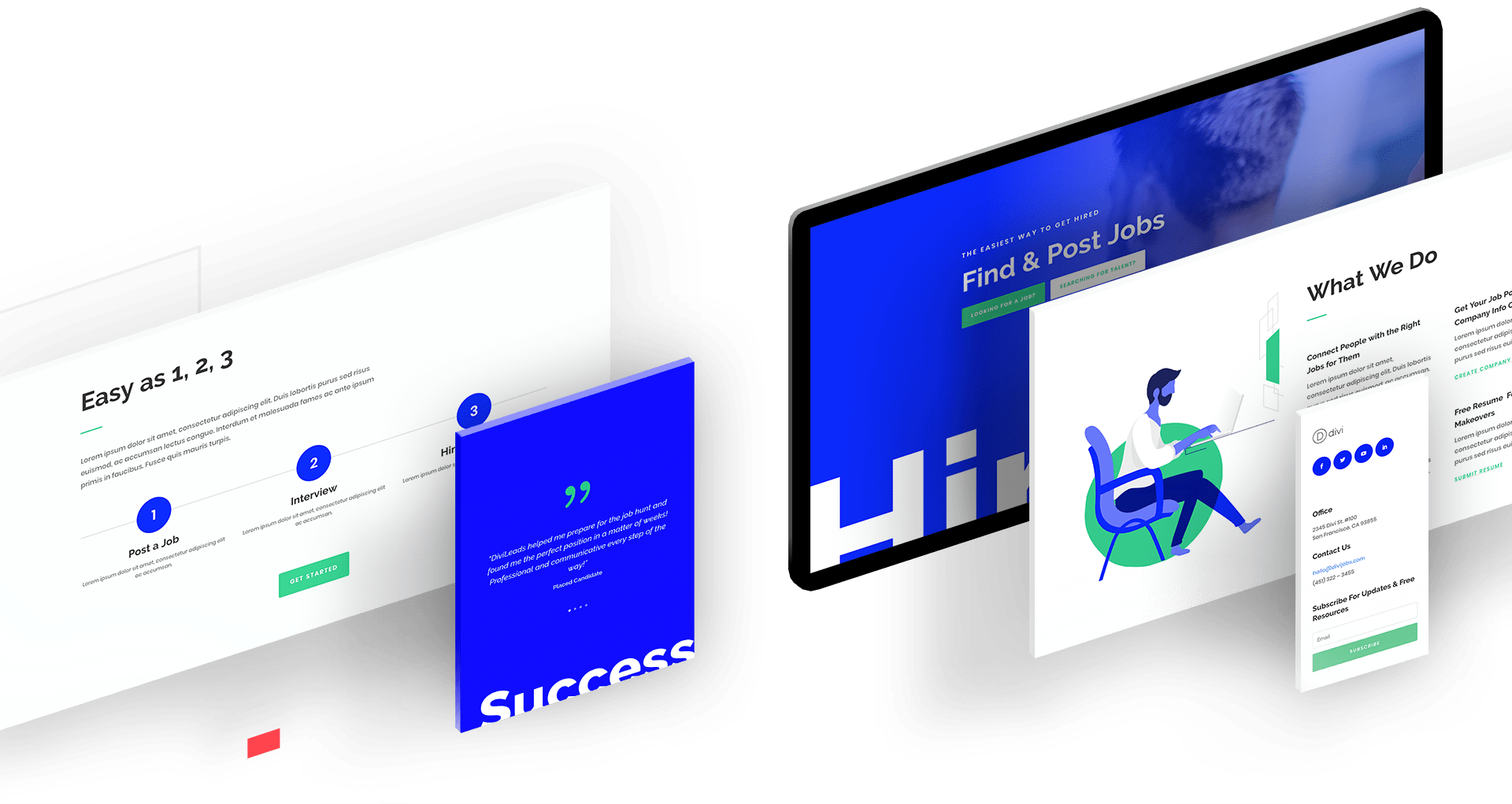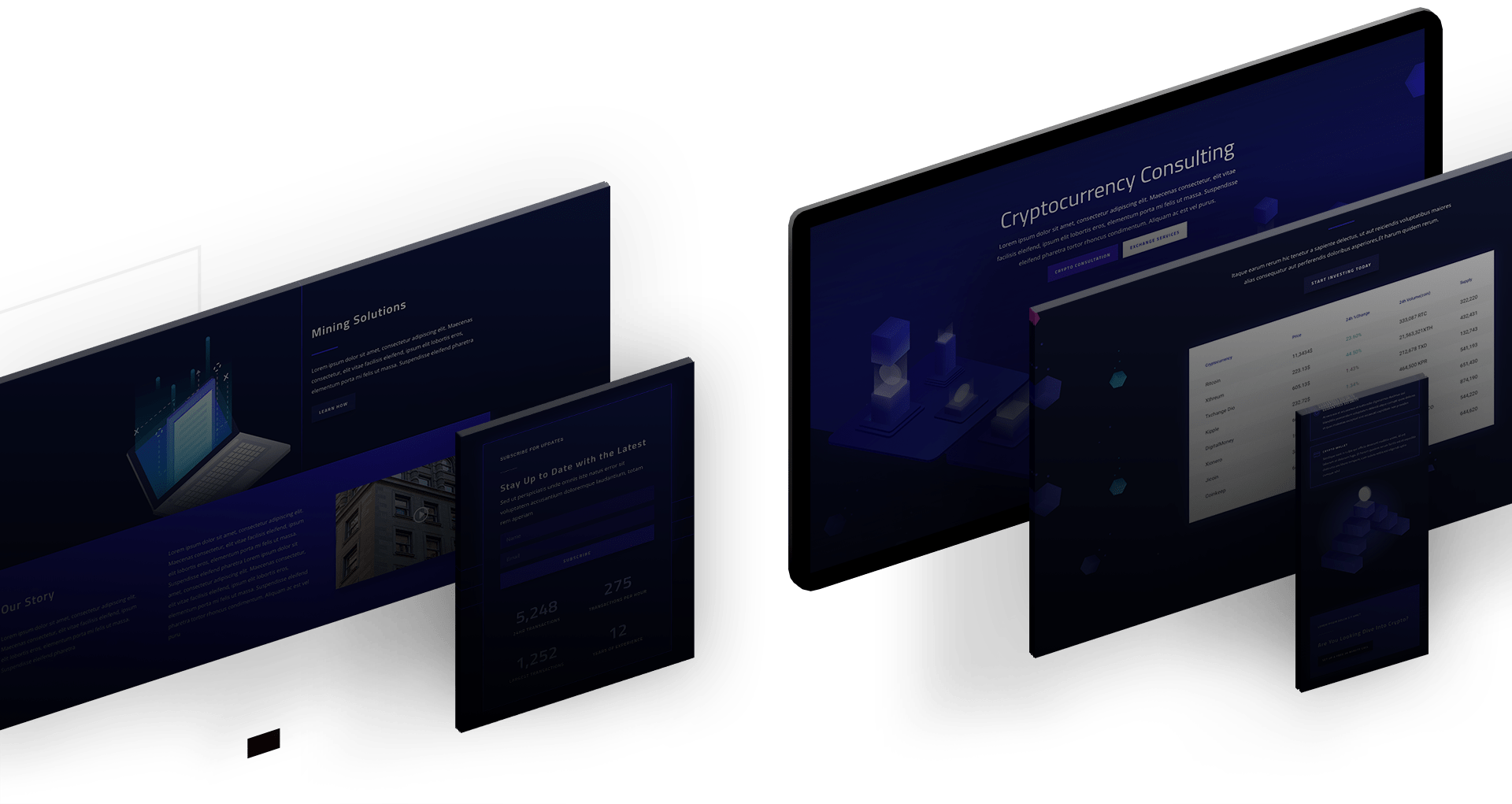Your Next Opportunity Awaits
Don’t miss out on your chance to connect with companies that value your skills. Create your profile today and start exploring opportunities.

what are your skills?
Frondend Development
Skills in frontend development include expertise in HTML, CSS, JavaScript, and frameworks like React, Angular, or Vue.js for building responsive, user-friendly interfaces. It requires a balance of creativity and technical skills, with a focus on UI/UX principles to ensure optimal usability. Staying current with evolving frameworks and trends is crucial, and the role is rewarding as it allows developers to shape how users interact with applications.
HTML, CSS, JavaScript
The foundational technologies of web development:
- HTML (HyperText Markup Language) provides the structure of a webpage by defining its content and layout.
- CSS (Cascading Style Sheets) is used to style and visually design the HTML elements, controlling the look, feel, and layout across devices.
- JavaScript brings interactivity to web pages, allowing for dynamic content, animations, form validation, and user interaction.
Together, these technologies create engaging, functional, and visually appealing websites.
React, Angular, Vue.js
These are popular JavaScript frameworks/libraries used for building modern web applications:
- React: A library developed by Facebook, focused on building user interfaces using reusable components, making it efficient for creating dynamic, interactive UIs.
- Angular: A comprehensive framework maintained by Google that offers a full solution for building large-scale web applications, with features like two-way data binding and dependency injection.
- Vue.js: A lightweight, flexible framework that’s easy to integrate, popular for its simplicity and focus on building responsive user interfaces and single-page applications (SPAs).
All three help developers streamline complex front-end development tasks and build fast, scalable, and maintainable web apps.
UI/UX principles
UI/UX principles focus on creating intuitive, user-friendly digital experiences:
- UI (User Interface) principles prioritize the layout, design, and visual elements, ensuring that the interface is aesthetically pleasing and easy to navigate.
- UX (User Experience) principles emphasize the overall experience, ensuring the product is efficient, enjoyable, and meets the user’s needs through smooth interactions and thoughtful design.
Together, UI/UX principles aim to create seamless and satisfying experiences for users, balancing functionality with visual appeal.
Backend Development
This includes proficiency in server-side languages like Python, Java, PHP, Node.js, and working with databases like MySQL, MongoDB, or PostgreSQL. Key responsibilities involve building APIs, ensuring security, and optimizing performance. The role requires strong problem-solving skills and attention to scalability and efficiency, focusing on creating reliable infrastructure powering web applications
Python, Java, PHP, Node.js
Python, Java, PHP, and Node.js are widely used server-side programming languages, each with its own strengths:
- Python: Known for its simplicity and readability, Python is versatile and popular in web development, data analysis, and machine learning. Frameworks like Django and Flask enhance its web development capabilities.
- Java: A robust, object-oriented language used for building large-scale enterprise applications. Its portability (write once, run anywhere) makes it a favorite for server-side development, often using frameworks like Spring.
- PHP: A server-side scripting language designed for web development, PHP is widely used for creating dynamic web pages and is the backbone of platforms like WordPress. It excels in handling database interactions and server-side logic.
- Node.js: A JavaScript runtime built on Chrome’s V8 engine, Node.js enables server-side scripting, allowing developers to use JavaScript for both client and server code. It’s known for its non-blocking, event-driven architecture, making it ideal for building scalable network applications.
Together, these languages provide powerful tools for developing dynamic and efficient web applications.
MySQL, MongoDB, PostgreSQL
Some popular database management systems, each suited for different use cases:
-
MySQL: A widely used relational database management system (RDBMS) known for its reliability and ease of use. It stores data in structured tables and is often used for web applications, particularly with PHP and other languages. MySQL supports SQL (Structured Query Language) for querying and managing data.
-
MongoDB: A NoSQL database designed for handling unstructured data and providing high scalability. It stores data in flexible, JSON-like documents, allowing for dynamic schemas. MongoDB is ideal for applications requiring rapid development and large volumes of data, such as real-time analytics and content management systems.
-
PostgreSQL: An advanced open-source relational database known for its robustness, extensibility, and support for complex queries. PostgreSQL offers features like advanced data types, full-text search, and support for both SQL and procedural languages, making it suitable for a wide range of applications, from small projects to large enterprise systems.
These databases provide developers with powerful tools for data storage, retrieval, and management, catering to various application needs.
OAuth and API keys
OAuth and API keys are two popular methods for securing APIs and managing access:
-
OAuth: OAuth is an open standard for access delegation that allows third-party applications to gain limited access to a user’s resources without sharing their credentials. It works by providing an access token after a user authenticates with the service provider. This token can then be used to make API requests on behalf of the user, enabling secure interactions between applications while maintaining user privacy.
-
API Keys: An API key is a unique identifier generated for each user or application that requests access to an API. It serves as a simple authentication method, allowing developers to control access to their APIs. API keys are typically included in the request header or URL, and they help track usage, manage quotas, and identify the source of API calls. However, unlike OAuth, API keys do not provide granular access control or user delegation.
Both OAuth and API keys are essential for managing security and ensuring that only authorized users and applications can access API resources.
Our Process
Identify Talent
We begin by understanding the specific skills and expertise needed in the development field. Through targeted outreach and engagement, we connect with aspiring developers who are eager to join our community.
Showcase Opportunities
Next, we design an intuitive platform where developers can easily browse and apply for projects that match their skill sets. Our user-friendly interface highlights various opportunities and provides essential information about each role.
Enhance Skills
We believe in continuous growth. Our platform offers resources, workshops, and mentorship programs to help developers refine their skills and stay updated with industry trends, ensuring they are always at the forefront of technology.
Connect with Employers
Finally, we facilitate direct connections between developers and potential employers. Our streamlined application process allows developers to present their profiles effectively, making it easier for companies to find the right talent for their projects.
Freelancer
Hello! I’m Dave. I’ve Been Building Websites for 16 Years
I specialize in creating engaging and user-friendly websites that meet the unique needs of each client. My passion lies in combining aesthetics with functionality to deliver exceptional online experiences. Let’s bring your vision to life together!
- Web Development
- Web Design
- SEO & Social


